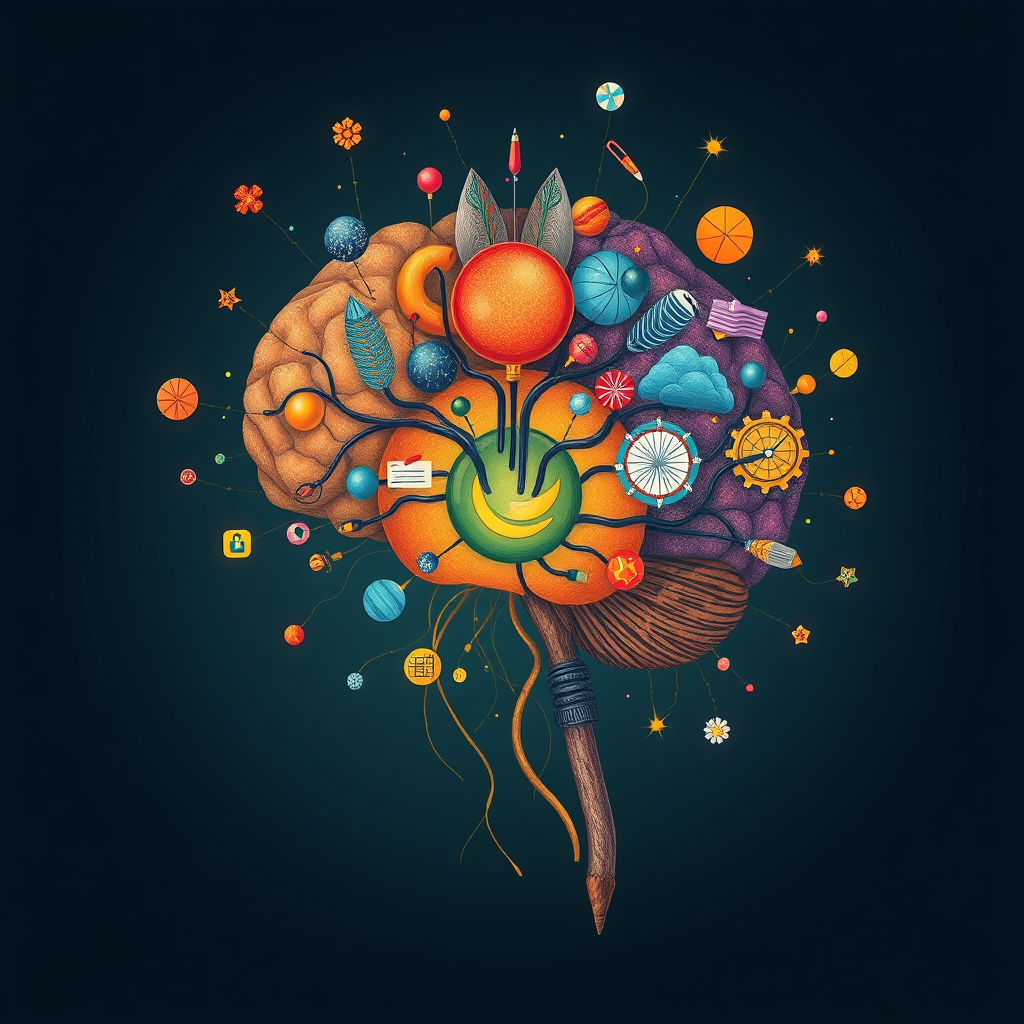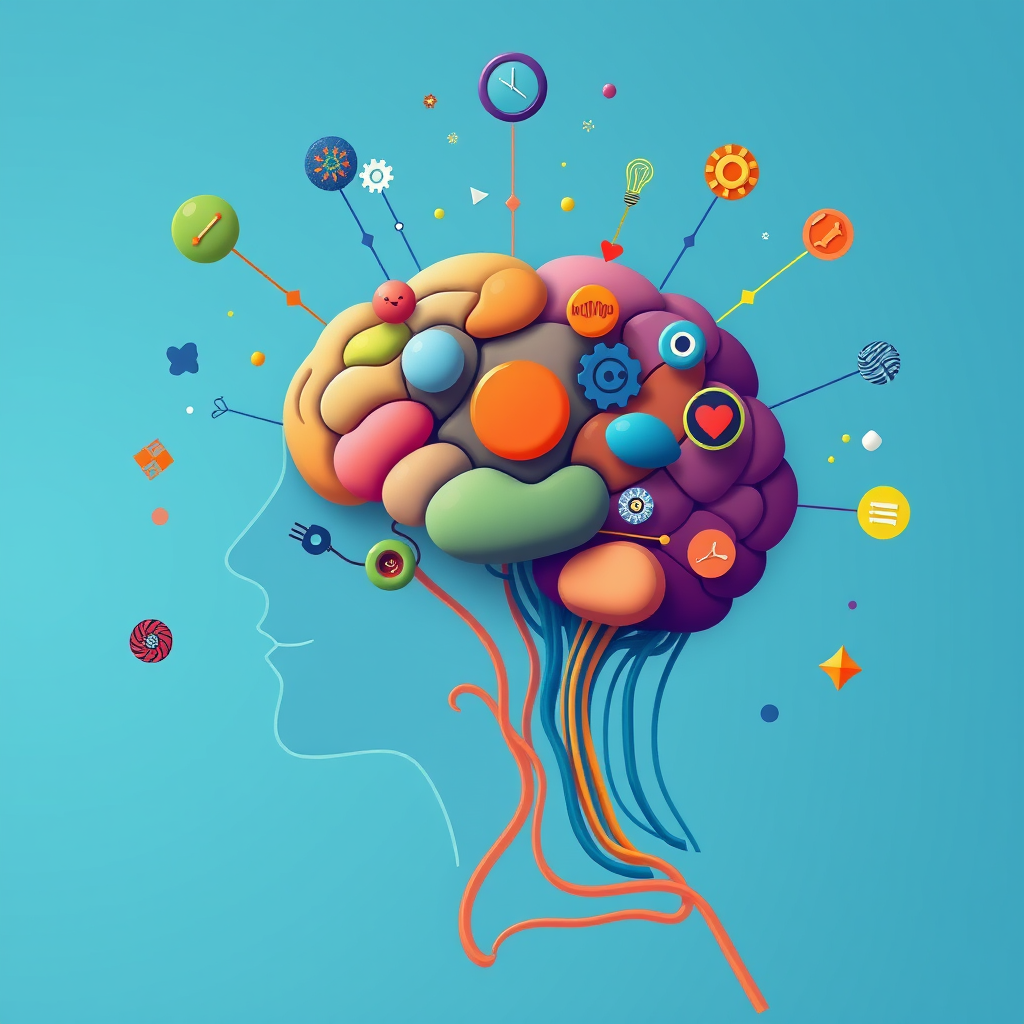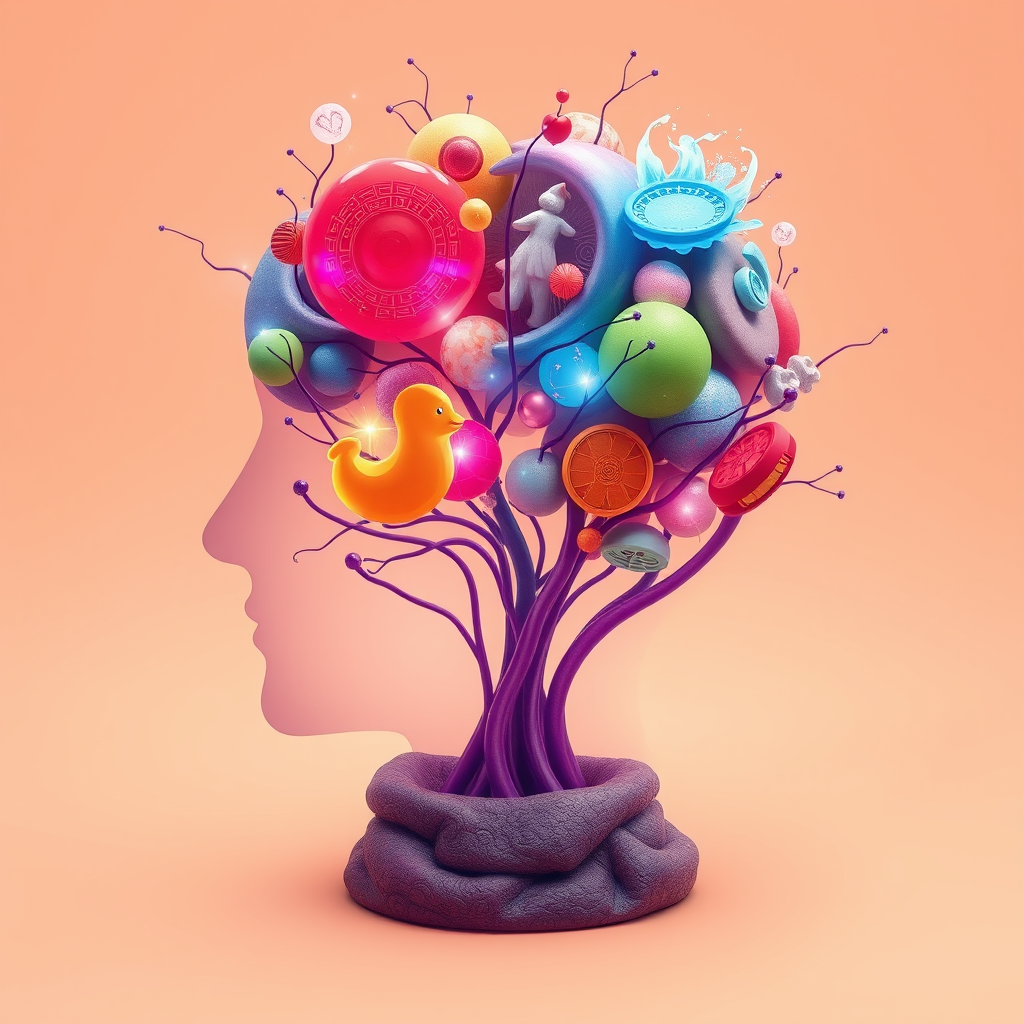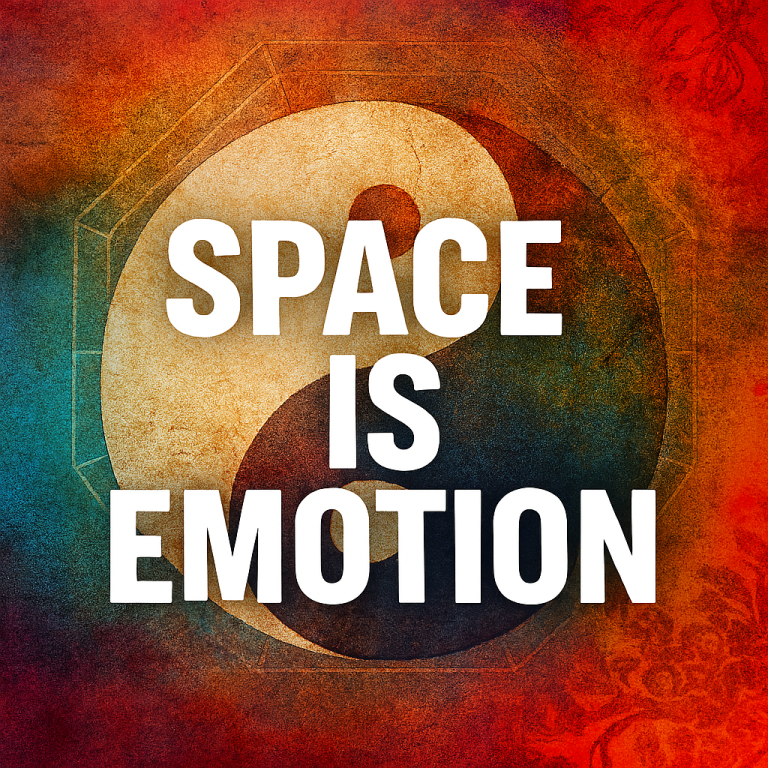The Happy Resilient Identity Of Good Psychology
Power of Mental Wellness
Unlocking the Power of Mental Wellness
Psychology is more than just understanding human behavior—it is a force for personal growth, happiness, and resilience. When practiced ethically and effectively, psychology helps individuals cultivate self-awareness, overcome challenges, and build fulfilling relationships. Whether through therapy, positive reinforcement, or emotional intelligence, good psychology creates a foundation for a balanced and happy life.
How Psychology Enhances Happy Well-Being
The Science of Happiness
Psychologists have long studied happiness, identifying key factors that contribute to well-being. Research shows that happiness is not solely determined by external circumstances but is deeply tied to psychological resilience, gratitude, and purpose. Practices such as mindfulness, positive thinking, and social connections play a major role in fostering lasting happiness.
Emotional Intelligence
The Key to Strong Relationships
One of the greatest benefits of psychology is the development of emotional intelligence—the ability to understand, manage, and express emotions effectively. People with high emotional intelligence build stronger relationships, navigate conflicts with compassion, and maintain positive social interactions. By fostering self-awareness and empathy, emotional intelligence leads to a fulfilling sense of identity and deeper connections with others.

The Role of Psychology in Personal Growth
Self-Discovery and Confidence
Psychology encourages individuals to explore their beliefs, strengths, and goals. Through self-reflection, people can understand their motivations, redefine their identity, and cultivate confidence. Therapy, coaching, and self-help techniques offer valuable tools for discovering passions, setting meaningful goals, being happy, and embracing personal authenticity.
Resilience and Coping Strategies
Life is filled with challenges, but psychology provides effective coping mechanisms for overcoming adversity. Resilience—the ability to adapt and thrive despite difficulties—is strengthened through psychological techniques such as cognitive reframing, stress management, and emotional regulation. When individuals practice these strategies, they build inner strength and a positive identity centered on perseverance and optimism.
Psychology’s Contribution to a Happy & Healthy Society
The Psychology of Kindness and Compassion
Good psychology promotes kindness, generosity, and social harmony. Studies show that engaging in acts of kindness triggers happiness-enhancing brain responses. Whether through small gestures or large-scale efforts, psychological principles encourage individuals to foster compassion, leading to stronger communities and more fulfilling personal interactions.
Mental Health Awareness and Breaking Stigmas
One of psychology’s greatest achievements is increasing awareness of mental health issues and reducing stigma. The promotion of mental wellness encourages open discussions, supportive environments, and access to professional help. By normalizing conversations around mental health, society creates a positive space for healing, growth, and understanding.
The Connection Between Psychology and Creativity
How Psychology Fuels Innovation
Psychology plays a crucial role in creativity and problem-solving. Studies show that a positive mindset enhances creativity, allowing individuals to generate innovative ideas and artistic expression. Techniques such as brainstorming, visualization, and divergent thinking empower individuals to expand their creative potential and develop unique solutions.
The Psychology Behind Motivation and Success
Understanding psychological principles can lead to higher motivation and achievement. Goal-setting theories emphasize the importance of clear objectives, intrinsic motivation, and persistence. By applying psychological strategies, individuals can maintain focus, overcome self-doubt, and turn aspirations into reality.

Insights into the Happy Identity of Good Psychology
The Role of Gratitude in Psychological Well-Being
Gratitude is one of the most powerful psychological tools for happiness. Studies show that practicing gratitude improves mood, strengthens relationships, and enhances overall life satisfaction. Writing gratitude journals, expressing appreciation, and focusing on the positive aspects of life can significantly improve mental well-being.
How Positive Psychology Strengthens Self-Worth
Positive psychology emphasizes the importance of self-acceptance, confidence, and personal growth. When individuals focus on their strengths rather than weaknesses, they develop a healthier self-image. By applying techniques such as self-affirmation, visualization, and constructive self-talk, people build lasting confidence and maintain a positive identity.
The Psychology of Finding Meaning and Purpose
Psychological research suggests that having a strong sense of purpose is essential for mental wellness. Whether through career fulfillment, hobbies, or meaningful relationships, a clear sense of purpose brings motivation and long-term happiness. Understanding personal values and engaging in fulfilling activities strengthens the connection between identity and psychological well-being.

The Power of Social Connection in Mental Health
Human connection is vital for happiness and emotional stability. Strong social relationships boost self-esteem, reduce stress, and promote emotional resilience. Psychology teaches us that investing in friendships, family bonds, and community engagement leads to greater well-being and a fulfilling life.
How Psychology Promotes Emotional Healing
Psychology plays a crucial role in emotional healing, helping individuals overcome past traumas and anxieties. Therapeutic techniques such as cognitive-behavioral therapy (CBT), mindfulness, and guided self-reflection enable people to process emotions healthily. Through psychological support, individuals learn to cope with challenges, let go of past burdens, and embrace emotional freedom to become happy.
Conclusion
Psychology, when applied ethically and positively, is a powerful tool for personal fulfillment, emotional well-being, and societal harmony. By embracing self-discovery, emotional intelligence, resilience, and kindness, individuals develop a strong, happy identity rooted in psychological wisdom. As awareness of mental health and positive psychology grows, society moves toward a more compassionate and mentally healthy future.
Join the Discussion
What psychological techniques have helped you improve your happiness? Do you practice gratitude or self-reflection in your daily life?








I’ve always believed that resilience is key to thriving in tough times,
and it’s awesome how psychology provides practical
tools for that. Did you know that practicing gratitude daily can actually boost resilience and overall
happiness? 🌱✨ It’s such a simple yet powerful way to reinforce
a positive mindset!
Hey there, You’ve done a great job. I’ll definitely digg it and personally suggest to my friends. I’m sure they will be benefited from this site.
WONDERFUL Post.thanks for share..more wait .. …